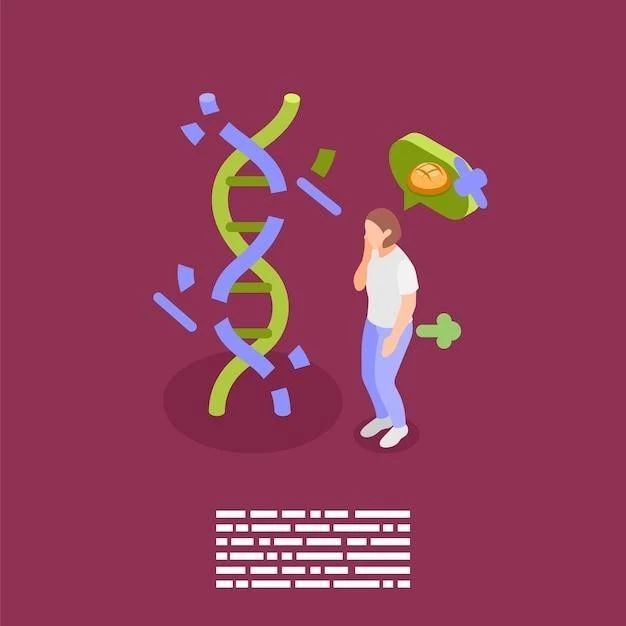Symptoms of Monosomy 6q
Signs include developmental delays and intellectual
disabilities.
Overview of Monosomy 6q
Monosomy 6q is a rare chromosome disorder where a portion of genetic material on chromosome 6 is missing. This condition can lead to various developmental and intellectual challenges in affected individuals.
Common Symptoms
Common symptoms of Monosomy 6q may include facial abnormalities, low muscle tone, heart defects, hearing loss, and vision problems. Individuals with this condition can also experience speech delays and behavioral issues.
Treatment Options for Chromosome 6 Disorders
Various therapies can help manage symptoms n improve quality of life.
Therapeutic Approaches
Therapeutic approaches for chromosome 6 disorders may involve physical therapy to address muscle tone issues, speech therapy for communication challenges, and early intervention programs for developmental delays. Occupational therapy can help with daily tasks and fine motor skills.
Supportive Care
Supportive care for chromosome 6 disorders involves multidisciplinary teams including pediatricians, genetic counselors, and therapists to provide holistic support. Emotional and educational assistance, along with family resources, play a vital role in enhancing the well-being of individuals with these conditions.

Genetics of Monosomy 6q Syndrome
Understanding genetic mechanisms behind this disorder.
Genetic Mechanisms
Monosomy 6q syndrome involves the deletion of genetic material on the long arm of chromosome 6. This chromosomal abnormality can impact various genes responsible for normal development and function, leading to the observed symptoms.
Genetic Counseling
Genetic counseling is crucial for families affected by chromosome 6 abnormalities. It provides insight into the genetic causes, recurrence risks, and available testing options. Counseling offers emotional support and helps families make informed decisions regarding their genetic health.
Diagnosis and Testing for Chromosome 6 Abnormalities
Diagnostic procedures and screening guidelines explained.
Diagnostic Procedures
Diagnostic procedures for chromosome 6 abnormalities involve genetic testing, karyotyping, and microarray analysis to identify specific genetic variations. Imaging studies like MRI may also be used to assess associated physical anomalies and guide treatment decisions.
Screening Guidelines
Screening guidelines for chromosome 6 abnormalities recommend early genetic testing, developmental assessments, and regular monitoring by a multidisciplinary team. Early detection can help in creating tailored treatment plans to address specific needs and improve outcomes for individuals with these conditions.
Management of Monosomy 6q in Children
Pediatric care and educational support for affected children.
Pediatric Care
Comprehensive pediatric care includes monitoring growth milestones, addressing physical and developmental delays, and coordinating with specialists to manage symptoms effectively. Early intervention programs are crucial for optimizing the child’s development and providing necessary support.
Educational Support
Individualized educational plans and special education services help children with Monosomy 6q thrive academically. Schools collaborate with families and therapists to create supportive environments that cater to the child’s learning style and developmental needs.
Research Updates on Monosomy 6q Disorder
Current studies and collaborative efforts advancing knowledge.
Current Studies
Ongoing research on Monosomy 6q aims to understand the specific genetic implications, improve diagnostic methods, and explore potential targeted treatments. Collaboration between researchers and clinicians contributes to advancements in managing this rare chromosome disorder.
Collaborative Efforts
Collaborative efforts in the field of Monosomy 6q disorder involve sharing data, establishing patient registries, and fostering partnerships between institutions globally. These collaborations aim to enhance understanding, treatment options, and support resources for individuals and families affected by this rare genetic condition.
Effects of Chromosome 6 Deletions on Health
Impact on overall health and quality of life considerations.
Impact on Overall Health
Chromosome 6 deletions can impact physical, cognitive, and emotional well-being, influencing overall health. Management strategies aim to address medical needs, developmental challenges, and support mental health to optimize the quality of life for individuals with these genetic abnormalities.
Quality of Life Considerations
Addressing quality of life considerations involves providing holistic care, including social support, educational opportunities, and mental health resources. Creating a supportive environment enhances well-being and helps individuals with Monosomy 6q lead fulfilling lives.
Support Resources for Individuals with Monosomy 6q
Patient support organizations and counseling services available.
Patient Support Organizations
Join patient support organizations for community and resources.
Counseling and Therapy Services
Access counseling and therapy services for additional support.
